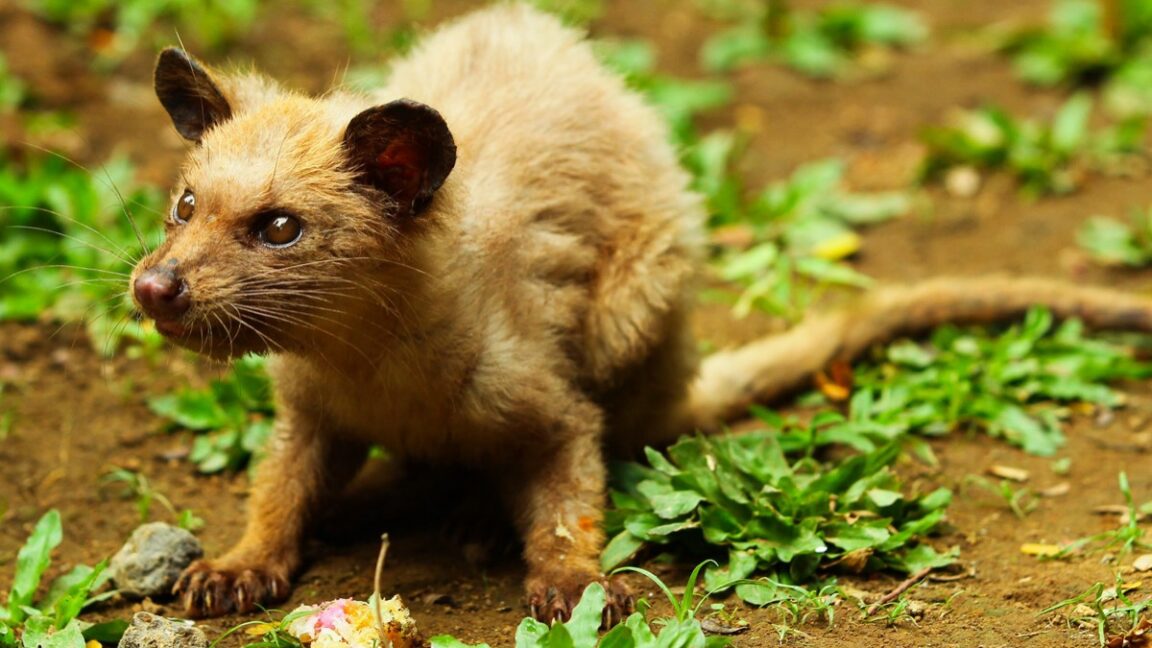fromNature
3 months agoDaily briefing: Key coral species are functionally extinct after record-breaking heatwave
Two fatty acids often used in dairy products might help to give civet coffee its distinctive flavour. The unusual brew, otherwise known as Kopi Luwak, is made by roasting coffee beans that have been eaten and excreted by Asian palm civets ( Paradoxurus hermaphroditus). Researchers found that these fatty acids appeared at a higher concentration in beans taken from civet faeces than in those taken directly from the plant. This difference is probably caused by fermentation in the civet guts, with Gluconobacter gut bacteria and their enzymes playing a key part, the team says.
Environment

